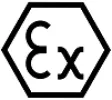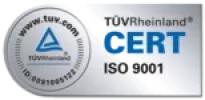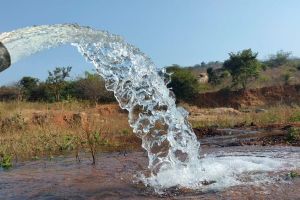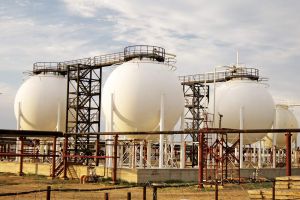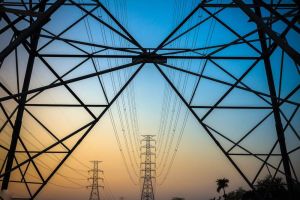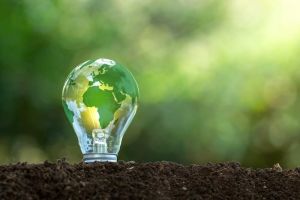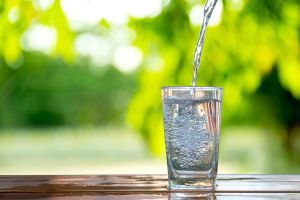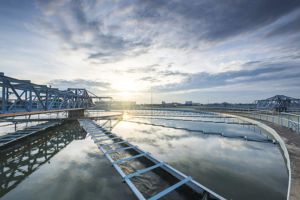ToxAlarm
Toxicity Water Analyzer
Reliable Toximeter for Drinking Water and Surface Water analysis
MONITOR TOXICITY IN WATER RELIABLY
Our LAR™ ToxAlarm™ toxicity analyzer continually monitors drinking water and surface and ground water for pollutants and contaminants. Potential toxins in water are determined through the reaction of highly sensitive bacteria. The ToxAlarm toxicity analyzer is a device that is used to detect and measure the toxicity of a water sample. It is designed to provide continuous online monitoring of water quality and can be used in a variety of applications including industrial wastewater treatment, municipal water treatment, and environmental monitoring.
The analyzer uses a bioluminescent bacteria assay to measure the toxicity of a water sample. Bioluminescent bacteria are genetically engineered to produce light in response to specific toxins. The analyzer measures the amount of light produced by the bacteria in response to the water sample, and this measurement is used to determine the level of toxicity.
This is a highly sensitive analyzer and can detect even low levels of toxicity in water. It can also detect a wide range of toxic substances, including heavy metals, pesticides, and industrial chemicals. The analyzer can be programmed to provide alarms when the toxicity level exceeds a pre-set threshold, which can help operators take action to prevent water quality issues before they become significant problems.
With the ToxAlarm toxicity analyzer measurements can be taken within 5-minute intervals. Thus, allowing enough time to introduce countermeasures after the occurrence of pollution. The ToxAlarm offers three warning levels, which can be individually set. ToxAlarm contains a bacteria culture, which constantly and independently produces biomass. This means that there are enough bacteria at all times for each new measurement. As every water sample is tested with a fresh number of bacteria, the risk of the fermenter being contaminated is ruled out.
CAN MONITOR MANY WATER TYPES
The ToxAlarm toxicity analyzer is designed to monitor the toxicity of different types of water such as:
- Industrial wastewater: Used to monitor the toxicity of wastewater generated by industrial facilities, such as manufacturing plants and chemical processing plants.
- Municipal water: Used to monitor the toxicity of the water supplied to the public by municipal water treatment plants, ensuring that it is safe and free from toxic contaminants.
- Surface water: Used to monitor the toxicity of surface water bodies, such as rivers, lakes, and streams, to identify potential sources of pollution and protect aquatic life.
- Groundwater: Used to monitor the toxicity of groundwater, which is an important source of drinking water in many parts of the world.
- Produced water: In the oil and gas industry, produced water is the water that comes up with oil and gas during production. The ToxAlarm analyzer can be used to monitor the toxicity of produced water, ensuring that it does not pose a risk to the environment.
features & benefits
- Measurement range: 0-100% Toxicity
- Fast Response Time: 5-10 minutes (application dependent)
- Continuous monitoring of toxicity
- Self-regenerating bacteria within toxicity analyzer
- High reproducibility
- Low operational costs
- Low maintenance
- No purchase of test organisms necessary
- According to DIN EN ISO 9509:2006
OPTIONS
- Flow Sampler
HOUSINGS
- IP54 (Standard)
Applications
- Surface water monitoring
- Drinking water protection
- Ground water protection
MEASUREMENTS
We are the TOC Leader™
Monitor TOC, COD, BOD, TN, and Toxicity Impurities in all Types of Water
Monitor TOC, COD, BOD, TN, and Toxicity Impurities in all Types of Water
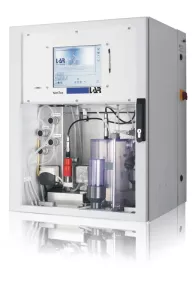
Do you have a LAR instrument?
Do you need technical support? Open a ticket.
Do you need technical support? Open a ticket.
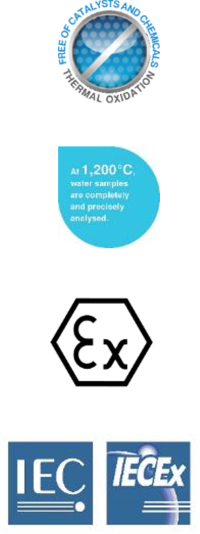
THE BACTERIA ARE SELF-REPRODUCING
The ToxAlarm toximeter contains a bacteria culture, which constantly and independently produces Biomass. This means that there are always enough bacteria for each new measurement. Furthermore, the risk of the fermenter being contaminated is removed because every water sample is tested with a fresh number of bacteria.
SENSITIVE TEST
The bacteria are extremely sensitive to a multitude of toxins. Through their reaction to the harmful substances in the water sample, toxicity can be reliably determined. For example, a reaction already starts at a cyanide concentration of less than 0.10 mg/liter.
REDUCED MAINTENANCE. NO FURTHER PURCHASES NECESSARY.
Firstly, it is not necessary to purchase or externally cultivate test organisms, such as fish or daphnia. Secondly, the ToxAlarm is extremely low in maintenance because the bacteria mass constantly proliferates on its own.
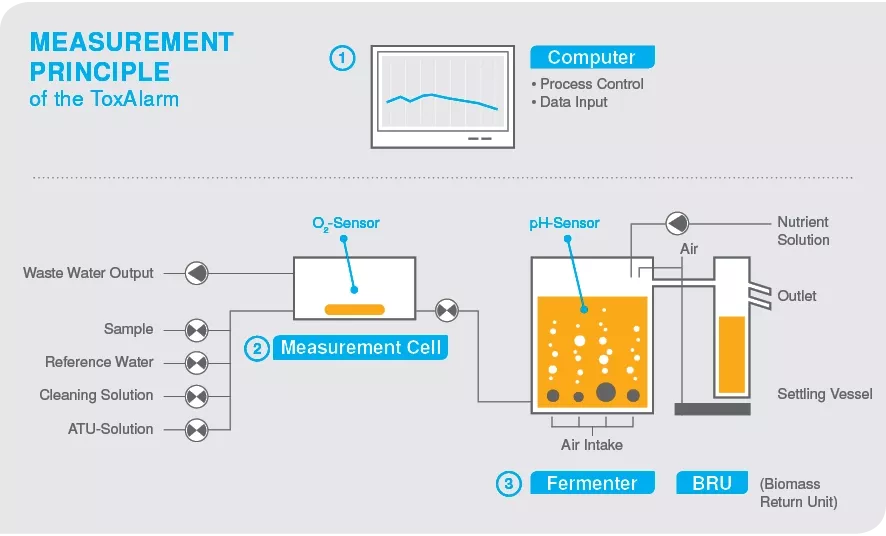
surface water vs. groundwater
No, groundwater and surface water are not the same thing.
Surface water refers to water that is found on the Earth’s surface in lakes, rivers, streams, and other water bodies. This water is often replenished by rainfall and snowmelt and can be influenced by various factors such as runoff, land use, and pollutants.
Groundwater, on the other hand, refers to water that is found beneath the Earth’s surface in underground aquifers. This water is often replenished by rainfall and snowmelt that percolates through the soil and rock layers, and can be influenced by various factors such as the geology of the area and human activities like pumping and injection.
Although surface water and groundwater are different, they are often connected through the water cycle. For example, water from surface bodies like lakes and rivers can seep into the ground and recharge aquifers, and groundwater can discharge into surface water bodies. Understanding the interactions between surface water and groundwater is important for managing water resources and protecting water quality.
WATER ANALYZERS BY INDUSTRY
REVOLUTIONIZE YOUR WATER ANALYSIS WITH OUR LAR™ TOC WATER ANALYZER: PRECISE, RELIABLE, AND EFFICIENT
Monitor TOC, COD, BOD, TNb, and Toxicity Impurities in all Types of Water

AEROSPACE & GOVERNMENT
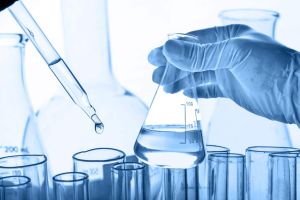


LAB & RESEARCH
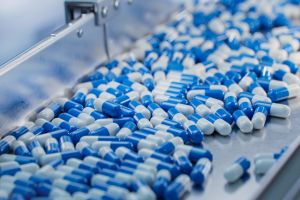

PHARMACEUTICAL & BIOTECHNOLOGY
BY WATER TYPE
